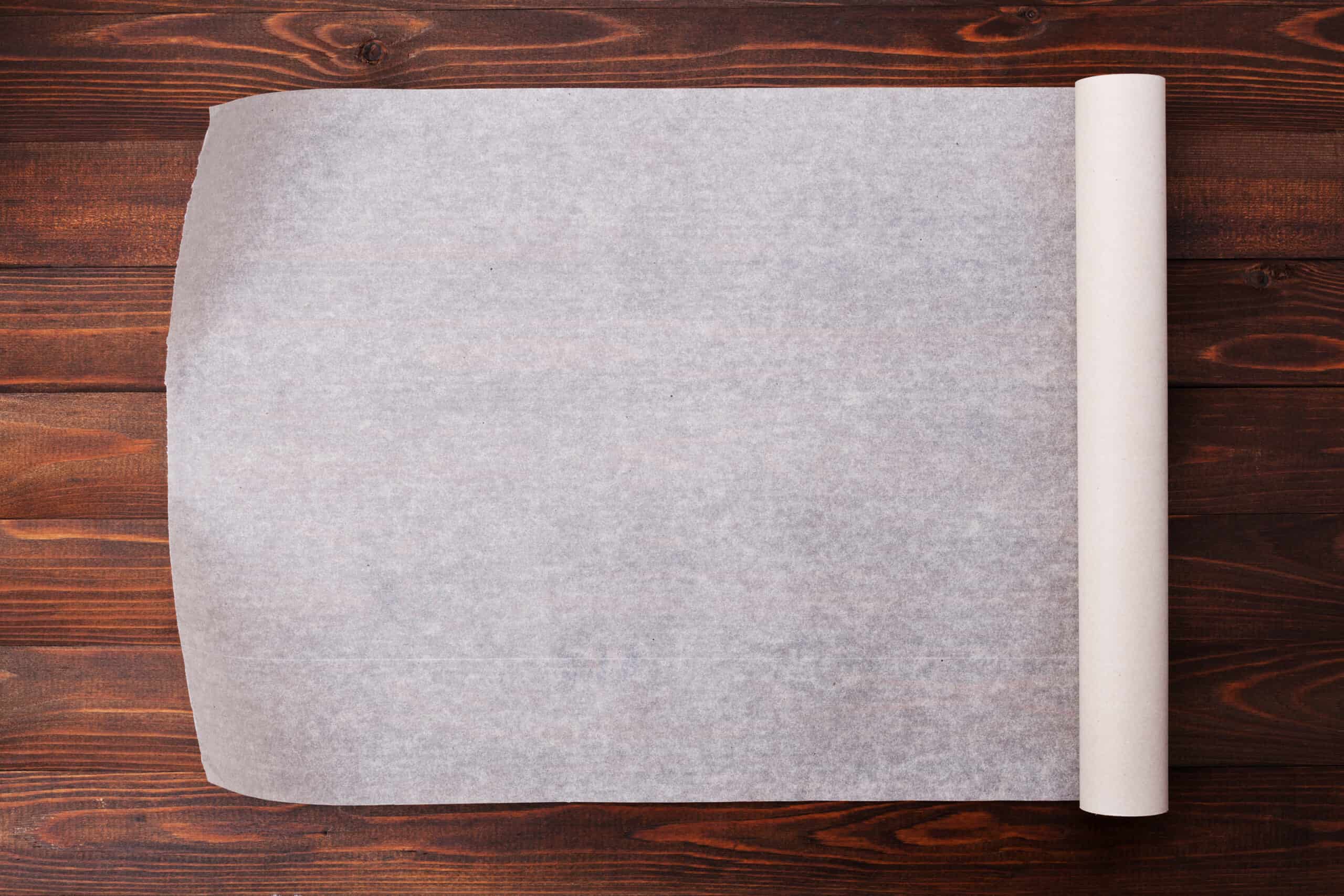
Is Parchment Paper Biodegradable and Compostable?
In our quest for more sustainable living practices, we must consider the environmental impact of everyday items we use in our homes, including kitchen essentials like parchment paper. Parchment paper is widely used for baking, cooking, and food preparation, but is it biodegradable and compostable? In this article, we will explore the subject and the eco-friendly aspects of parchment paper. By understanding its impact on the environment and proper disposal methods, we can make more informed choices in our culinary endeavors.
The Nature of Parchment Paper
To fully comprehend the environmental implications of parchment paper, we must first understand its composition and production process. Parchment paper is a cellulose-based paper that undergoes treatment with a thin silicone layer. This treatment gives parchment paper its non-stick properties and heat resistance. However, examining whether these characteristics align with biodegradability and compostability is essential.
Is Parchment Paper Compostable?
Whether parchment paper is compostable is often raised by individuals seeking more sustainable alternatives in the kitchen. The good news is that parchment paper is indeed compostable. Being predominantly made from natural materials such as wood pulp, parchment paper can break down and return to the earth in a composting environment.
Composting Parchment Paper
If you wish to compost parchment paper, there are a few considerations to keep in mind. First, ensure the parchment paper is free from food debris or oils. These contaminants can hinder the composting process and attract pests. Tear or shred the parchment paper into smaller pieces to facilitate decomposition. Mix the parchment paper with other compostable materials such as fruit and vegetable scraps, yard waste, and leaves. Maintain the appropriate carbon-to-nitrogen ratio in your compost pile for optimal breakdown.
Can You Compost Parchment Paper?
Yes, you can compost parchment paper. By incorporating parchment paper into your composting routine, you divert waste from landfills and create nutrient-rich compost. However, it’s important to note that not all parchment papers are created equal. Some varieties may have additional coatings or additives that impede composting. Therefore, choosing unbleached and chlorine-free parchment paper is advisable for optimal compostability.
Eco-Friendly Choices for Parchment Paper
While parchment paper can be composted, other eco-friendly options and considerations for a more sustainable kitchen are worth exploring.
Biodegradable and Recyclable Alternatives
To reduce your environmental impact further, consider exploring biodegradable and recyclable alternatives to traditional parchment paper. Some brands offer parchment paper made from sustainably sourced materials without harmful chemicals. These options often come with certifications or labels indicating their biodegradability and recyclability, making them an excellent choice for eco-conscious individuals.
Reusable Silicone Baking Mats
Another eco-friendly option to consider is using reusable silicone baking mats. These mats eliminate the need for disposable parchment paper altogether. Made from food-grade silicone, they offer a non-stick surface and can be easily cleaned after use. By investing in reusable silicone baking mats, you not only reduce waste but also save money in the long run.
Choosing Sustainable Parchment Paper
When purchasing parchment paper, look for products labeled as “eco-friendly” or “sustainably sourced.” These papers are often produced using more environmentally friendly practices and materials. Additionally, opt for parchment paper that is unbleached and chlorine-free, as these attributes contribute to a more sustainable and eco-friendly product.
FAQs
FAQ 1: Is parchment paper compostable?
Yes, parchment paper is compostable. It is predominantly made from natural materials like wood pulp, which allows it to break down in composting environments.
FAQ 2: Can you compost parchment paper?
Absolutely! Parchment paper can be composted along with other organic materials. Just ensure that it is free from food debris and oils for optimal composting.
FAQ 3: Can parchment paper be recycled?
While parchment paper is compostable but not always recyclable due to the silicone coating. Check with your local recycling facilities to determine if they accept parchment paper for recycling.
FAQ 4: Are there eco-friendly alternatives to parchment paper?
Yes, there are eco-friendly alternatives available, such as unbleached and sustainably sourced parchment paper. Reusable silicone baking mats are also a great option to reduce waste.
FAQ 5: Can I use parchment paper for freezing food?
Yes, parchment paper can be used for freezing food. It helps prevent freezer burn and allows for easy removal of frozen items.
FAQ 6: How can I make my kitchen more sustainable with parchment paper?
To make your kitchen more sustainable with parchment paper, choose compostable or recyclable options, use parchment paper sparingly, and consider reusable alternatives like silicone baking mats.
Conclusion
Parchment paper offers a convenient and versatile tool in the kitchen, and the good news is that it can be biodegradable and compostable. By understanding its compostability and exploring other eco-friendly choices, such as biodegradable options or reusable silicone baking mats, we can make more sustainable decisions in our culinary practices. Whether you compost parchment paper or opt for environmentally conscious alternatives, every small step contributes to a greener and more sustainable future.